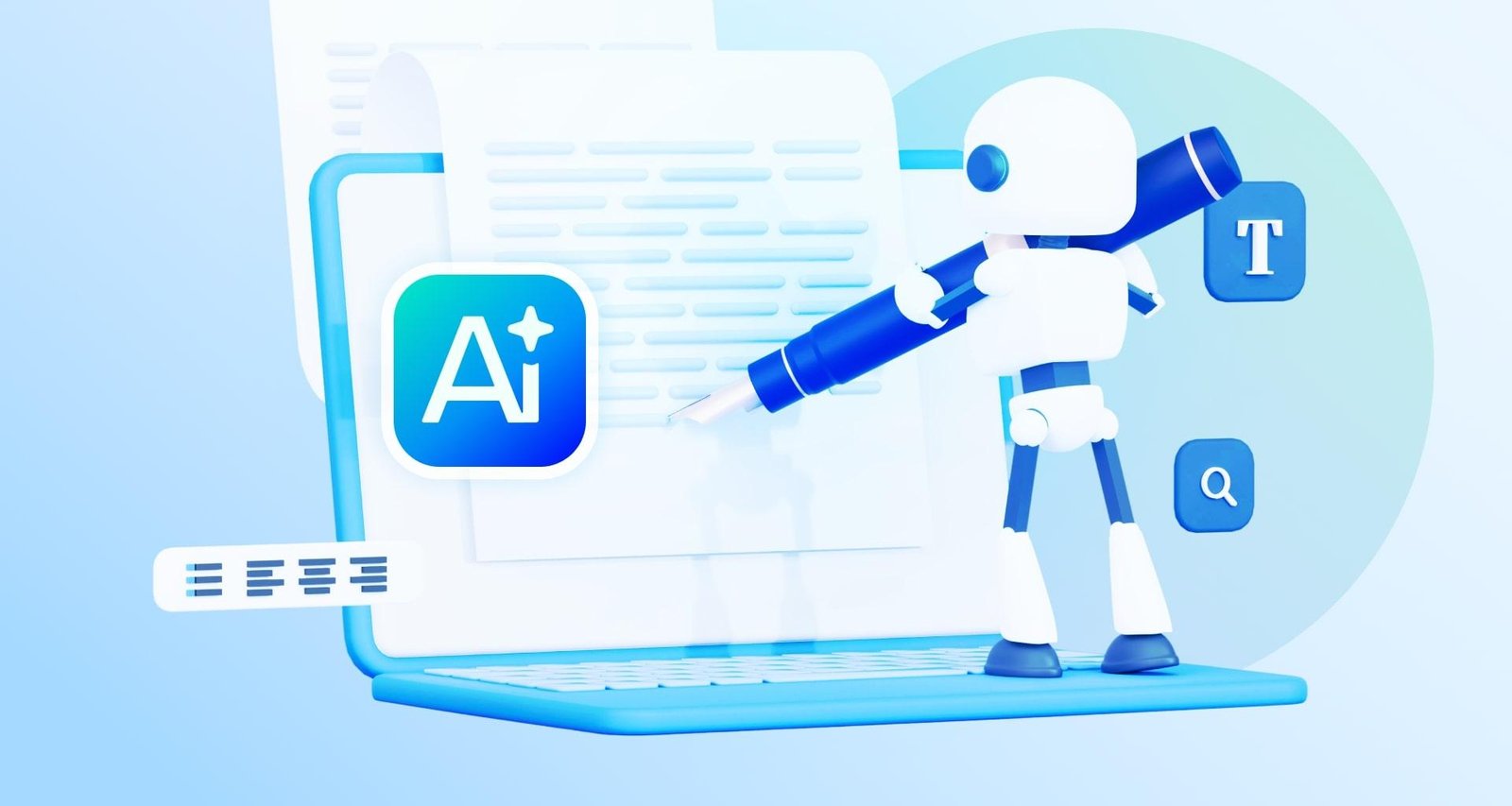The Content Revolution: The Transformative Impact of the AI Writing Industry

The contemporary AI writing Assistant Software industry is not just creating a new category of software; it is a catalyst for a fundamental revolution in how content is created, consumed, and valued. The industry's profound importance is clearly demonstrated by its projected growth to a colossal USD 1478.73 billion market by 2034, expanding at a powerful CAGR of 36.65%. This industry is a key enabler of the digital economy, with a pervasive impact that extends far beyond individual writers. It is reshaping the marketing, media, and education sectors, and is forcing a global conversation about the future of creativity, work, and intellectual property in the age of intelligent machines.
One of the most profound impacts of the industry is on the marketing and advertising world. It has completely transformed the scale and speed at which marketing content can be produced. A small marketing team can now generate dozens of variations of ad copy, social media posts, and email subject lines in minutes, allowing for rapid A/B testing and optimization. This is leading to more effective and personalized marketing campaigns. It is also democratizing content creation, allowing small businesses and startups to produce a volume and quality of marketing materials that was once only possible for large corporations with big creative teams, leveling the playing field for digital marketing.
The industry is also having a disruptive impact on the traditional media and publishing sectors. It is being used by news organizations to summarize articles, generate headlines, and even draft routine reports on topics like financial earnings. In the world of book publishing and screenwriting, these tools are being used as brainstorming partners to develop plots and characters. This has created both excitement about the potential for augmented creativity and significant concern among writers and creative guilds about the potential for job displacement and the devaluing of human creative work. The ongoing debate about how to ethically integrate these tools into the creative process is a key challenge for the industry.
Furthermore, the AI writing assistant industry is set to have a transformative impact on education. These tools can serve as powerful, personalized tutors, helping students to improve their writing skills by providing instant feedback on grammar, style, and structure. They can help students to better understand complex topics by summarizing dense academic texts. However, their rise has also created a major challenge for academic integrity, with concerns about students using AI to write essays and cheat on assignments. This is forcing a complete re-evaluation of how writing is taught and assessed, pushing educators to focus more on critical thinking and the unique value of human analysis and creativity.
Explore Our Latest Trending Reports:
Spain Platform As A Service Market
- Art
- Causes
- Crafts
- Dance
- Drinks
- Film
- Fitness
- Food
- الألعاب
- Gardening
- Health
- الرئيسية
- Literature
- Music
- Networking
- أخرى
- Party
- Religion
- Shopping
- Sports
- Theater
- Wellness


